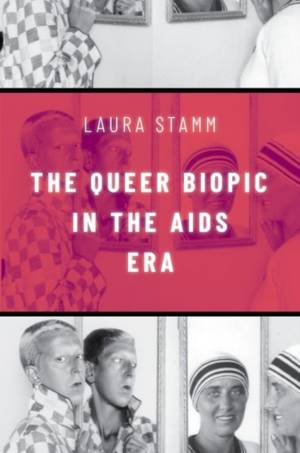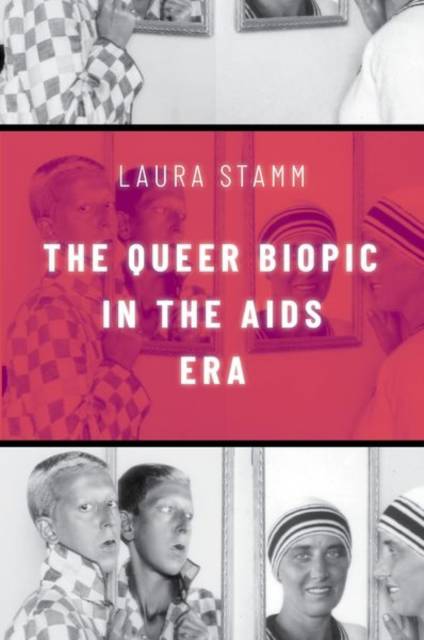
- Retrait gratuit dans votre magasin Club
- 7.000.000 titres dans notre catalogue
- Payer en toute sécurité
- Toujours un magasin près de chez vous
- Retrait gratuit dans votre magasin Club
- 7.000.000 titres dans notre catalogue
- Payer en toute sécurité
- Toujours un magasin près de chez vous
Description
The Queer Biopic in the AIDS Era offers a new account of the AIDS crisis and the emergence of New Queer Cinema. Author Laura Stamm asks why queer filmmakers repeatedly produced biographical films of queer individuals living and dead throughout the years surrounding the AIDS crisis. Queer
filmmakers' engagement with the biopic evokes the genre's history of building life through the portrayal of lives worthy of admiration and emulation but it also points to another biopic history; that of representing lives damaged. By portraying lives damaged by inconceivable loss, queer filmmakers
challenge the illusion of a coherent self presumably reinforced by the biopic genre and in doing so, their films open the potential for new means of connection and relationality. The Queer Biopic in the Aids Era features fresh readings of the cinema of Derek Jarman, John Greyson, Todd Haynes,
Barbara Hammer, and Tom Kalin. By calling for a reappraisal of the queer biopic, this book also calls for a reappraisal of New Queer-Cinema's legacy and its influence of contemporary queer film. As a whole, this book pays particular attention to the biopic's queer resonances, opening up its historical connections to projects of education, public health, and social hygiene, along with the production of a shared history and national identity.
filmmakers' engagement with the biopic evokes the genre's history of building life through the portrayal of lives worthy of admiration and emulation but it also points to another biopic history; that of representing lives damaged. By portraying lives damaged by inconceivable loss, queer filmmakers
challenge the illusion of a coherent self presumably reinforced by the biopic genre and in doing so, their films open the potential for new means of connection and relationality. The Queer Biopic in the Aids Era features fresh readings of the cinema of Derek Jarman, John Greyson, Todd Haynes,
Barbara Hammer, and Tom Kalin. By calling for a reappraisal of the queer biopic, this book also calls for a reappraisal of New Queer-Cinema's legacy and its influence of contemporary queer film. As a whole, this book pays particular attention to the biopic's queer resonances, opening up its historical connections to projects of education, public health, and social hygiene, along with the production of a shared history and national identity.
Spécifications
Parties prenantes
- Auteur(s) :
- Editeur:
Contenu
- Nombre de pages :
- 224
- Langue:
- Anglais
Caractéristiques
- EAN:
- 9780197604038
- Date de parution :
- 21-12-21
- Format:
- Livre relié
- Format numérique:
- Genaaid
- Dimensions :
- 159 mm x 241 mm
- Poids :
- 445 g







